Academic Publications | Journalism Publications
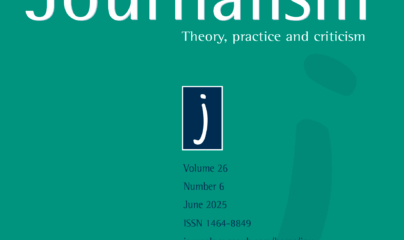
“Bogeyman terms”: Understanding politically conservative Americans’ folk theories about news bias
Journalism

The Effects of Political Advertising on Facebook and Instagram before the 2020 US Election
NBER Working Paper No. 33818
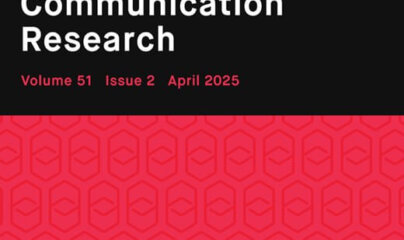
Intellectual humility’s effects on political polarization and engagement
Human Communication Research

The Effect of Deactivating Facebook and Instagram on Users’ Emotional State
NBER Working Paper No. 33697

Connective Democracy: A New Approach to Fighting Political Divisiveness
Social Media + Society, 11(1)
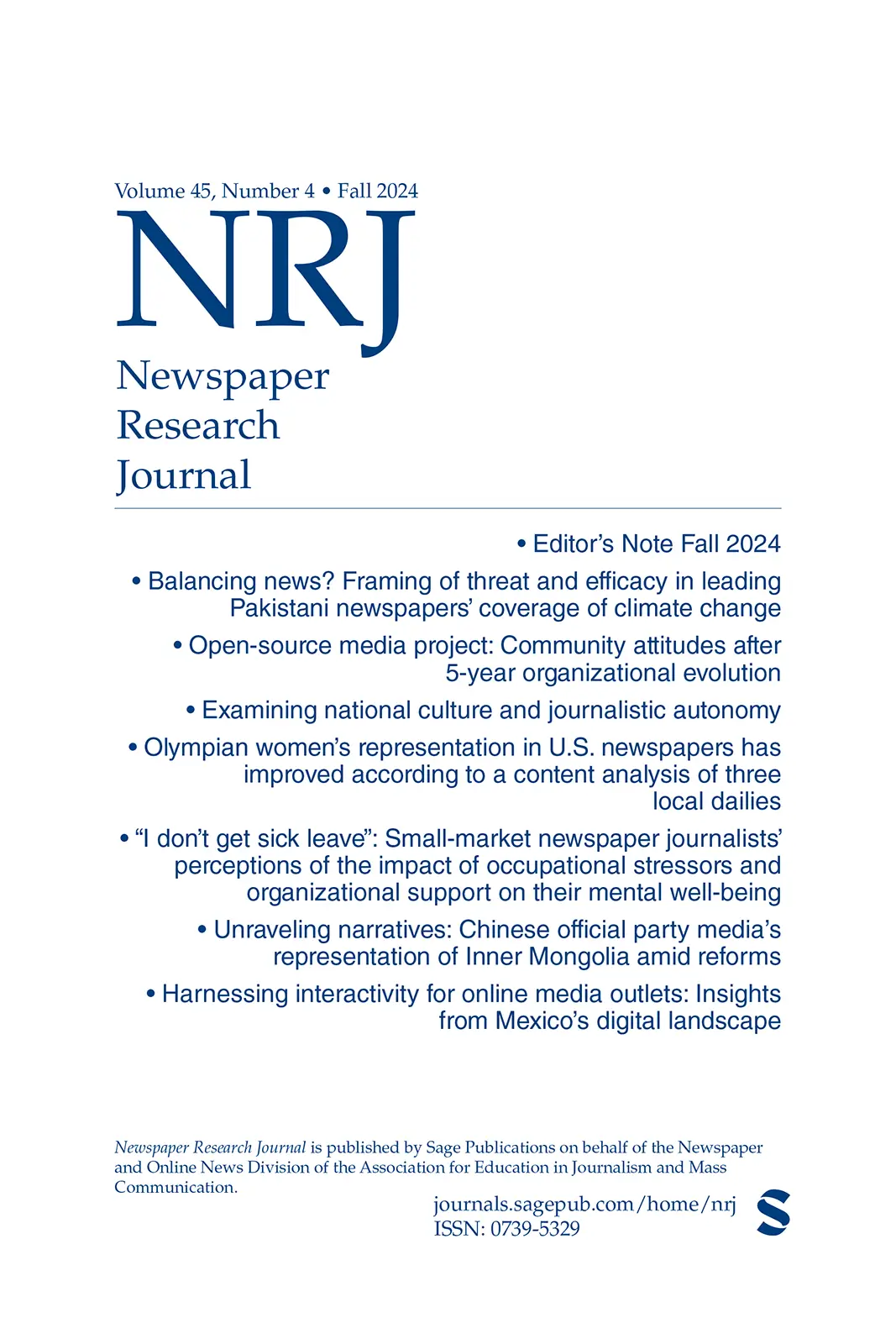
“My body, my choice” versus “officials say” Examining the effects of solidarity and monitorial reporting
News Research Journal
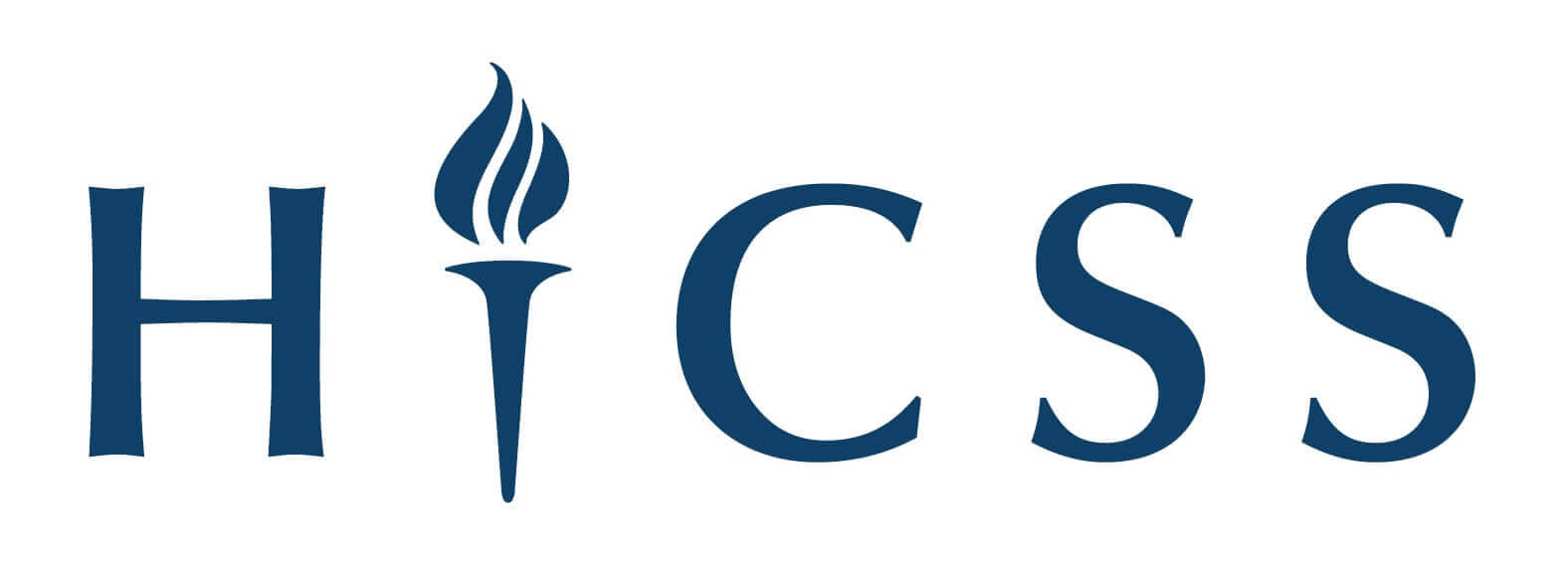
Ethics, Engagement, and Echo Chambers: Exploring Frontiers of Digital Communication and Conversation in an Age of Artificial Intelligence
Proceedings of the 58th Hawaii International Conference on System Sciences

The Diffusion and Reach of (Mis)Information on Facebook During the U.S. 2020 Election
Sociological Science

Who Can Say What? Testing the Impact of Interpersonal Mechanisms and Gender on Fairness Evaluations of Content Moderation
Social Media + Society, 10(4)

Comparing a BERT Classifier and a GPT classifier for Detecting Connective Language Across Multiple Social Media
Proceedings of the 2024 Conference on Empirical Methods in Natural Language Processing
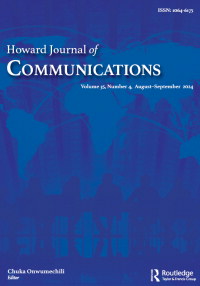
“What Flipping Right Does a Teacher Have to Say Being [LGBTQ+] is Okay?”: Understanding Twitter Discourse Around U.S. Anti-LGBTQIA+ Legislation
Howard Journal of Communications, 1–17
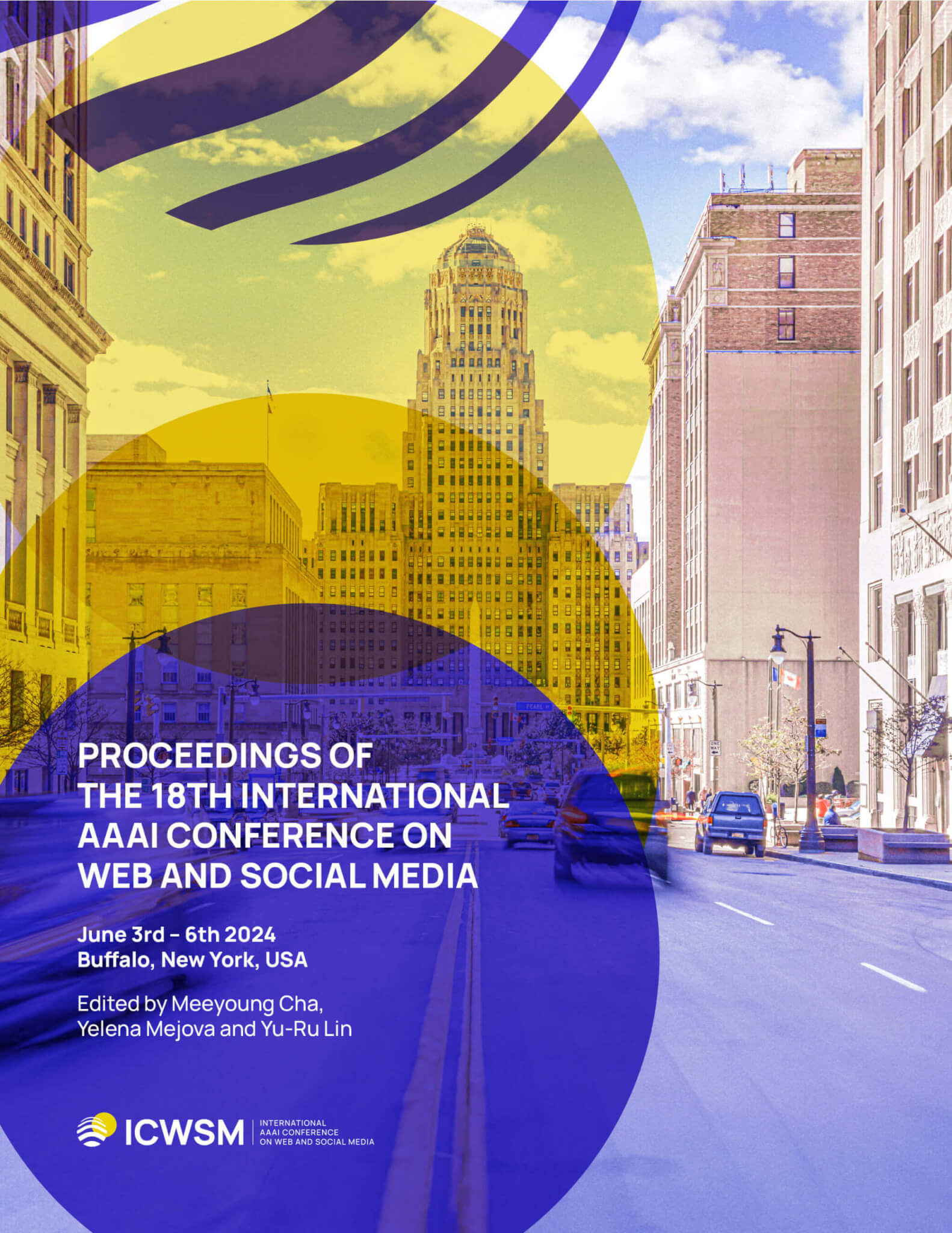
The Manifestation of Affective Polarization on Social Media: A Cross-Platform Supervised Machine Learning Approach
Proceedings of the International AAAI Conference on Web and Social Media
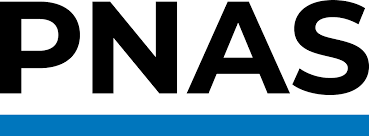
The effects of Facebook and Instagram on the 2020 election: A deactivation experiment
Proceedings of the National Academy of Sciences

Journalist Identity and Selective Exposure: The Effects of Racial and Ethnic Diversity in News Staff
Mass Communication and Society, 1–27

Perceiving Affective Polarization in the United States: How Social Media Shape Meta-Perceptions and Affective Polarization
Social Media + Society, 10(1)
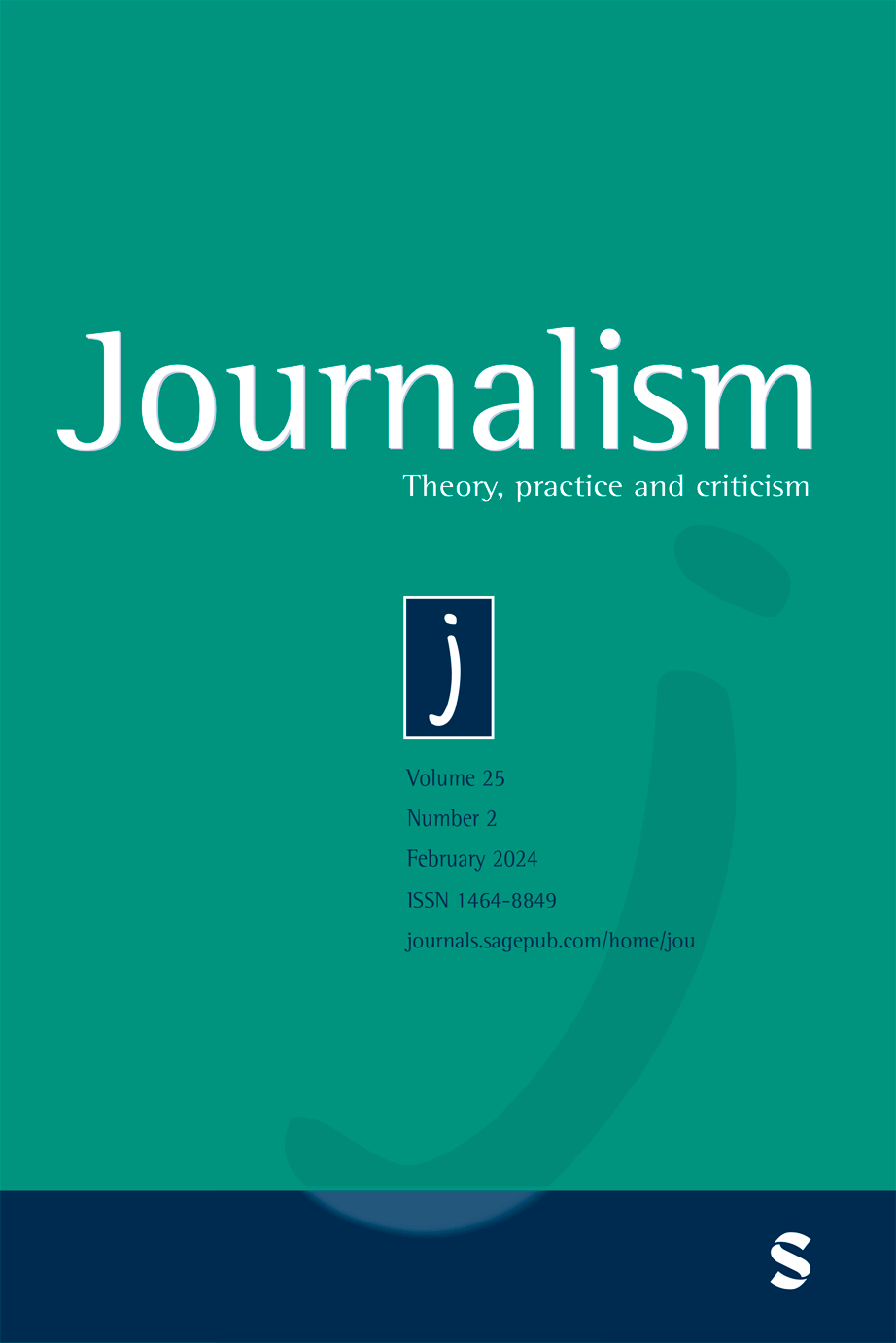
The impact of using person-centered language to reference stigmatized groups in news coverage
Journalism

Introduction to the Minitrack on Mediated Conversation
Proceedings of the 57th Hawaii International Conference on System Sciences

Deciding to Delete Posts on Reddit: What Factors Influence Content Removal
Proceedings of the 57th Hawaii International Conference on System Sciences
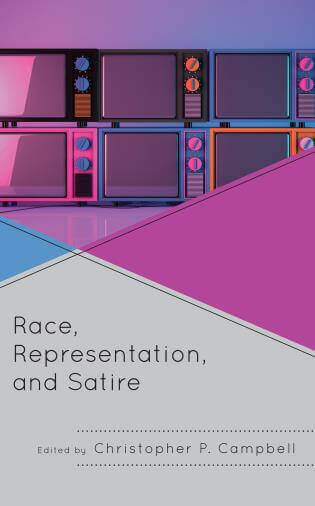
Missed opportunities: Discursively dismantling hyper-wokeness of the sitcom Community.
Race, Representation, and Satire (book)
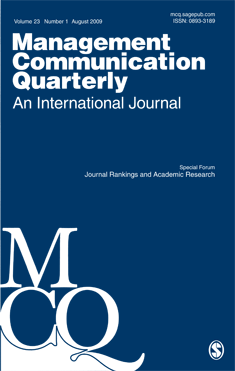
Shells, Fronts, Astroturfing, and Beyond: Examining Concealment Strategies of Proxy Organizations
Management Communication Quarterly
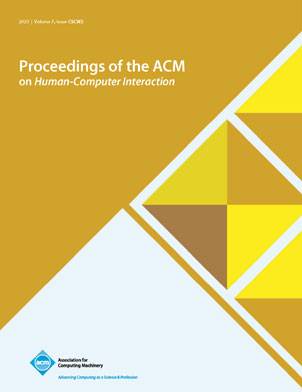
GuesSync!: An Online Casual Game To Reduce Affective Polarization
Proceedings of the ACM on Human-Computer Interaction, Volume 7, Issue CSCW2
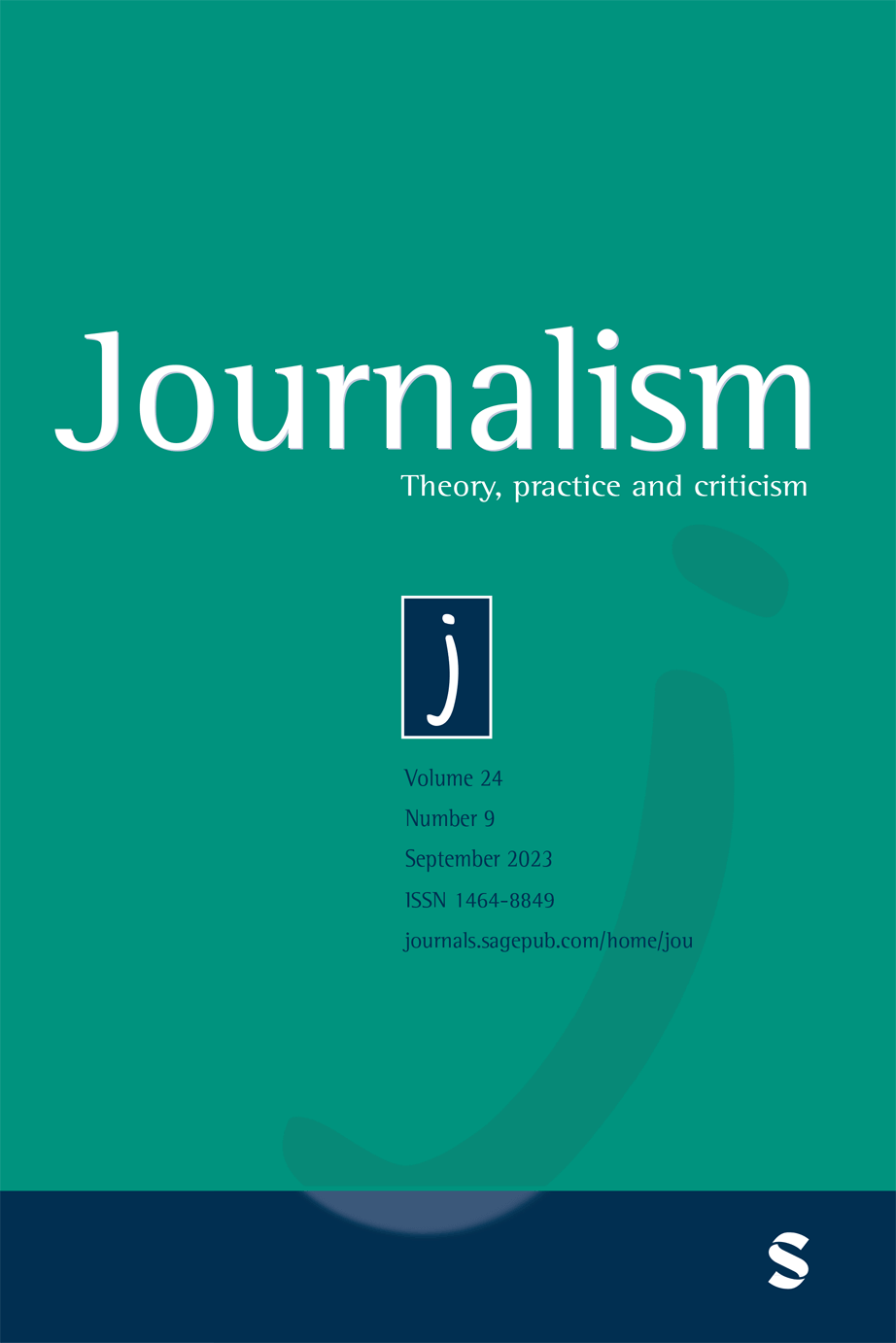
Shifting the protest paradigm? Legitimizing and humanizing protest coverage lead to more positive attitudes toward protest, mixed results on news credibility
Journalism

How do social media feed algorithms affect attitudes and behavior in an election campaign?
Science 381, 398-404

Asymmetric ideological segregation in exposure to political news on Facebook
Science 381, 392-398

Reshares on social media amplify political news but do not detectably affect beliefs or opinions
Science 381, 404-408

Like-minded sources on Facebook are prevalent but not polarizing
Nature
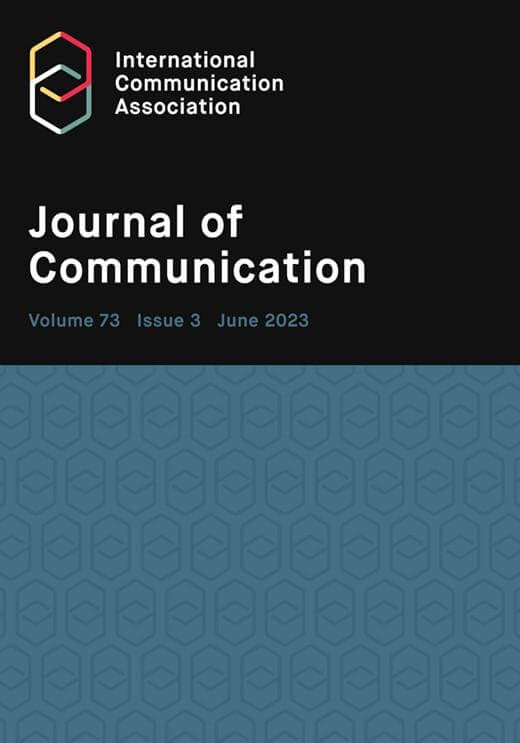
Curbing the decline of local news by building relationships with the audience
Journal of Communication
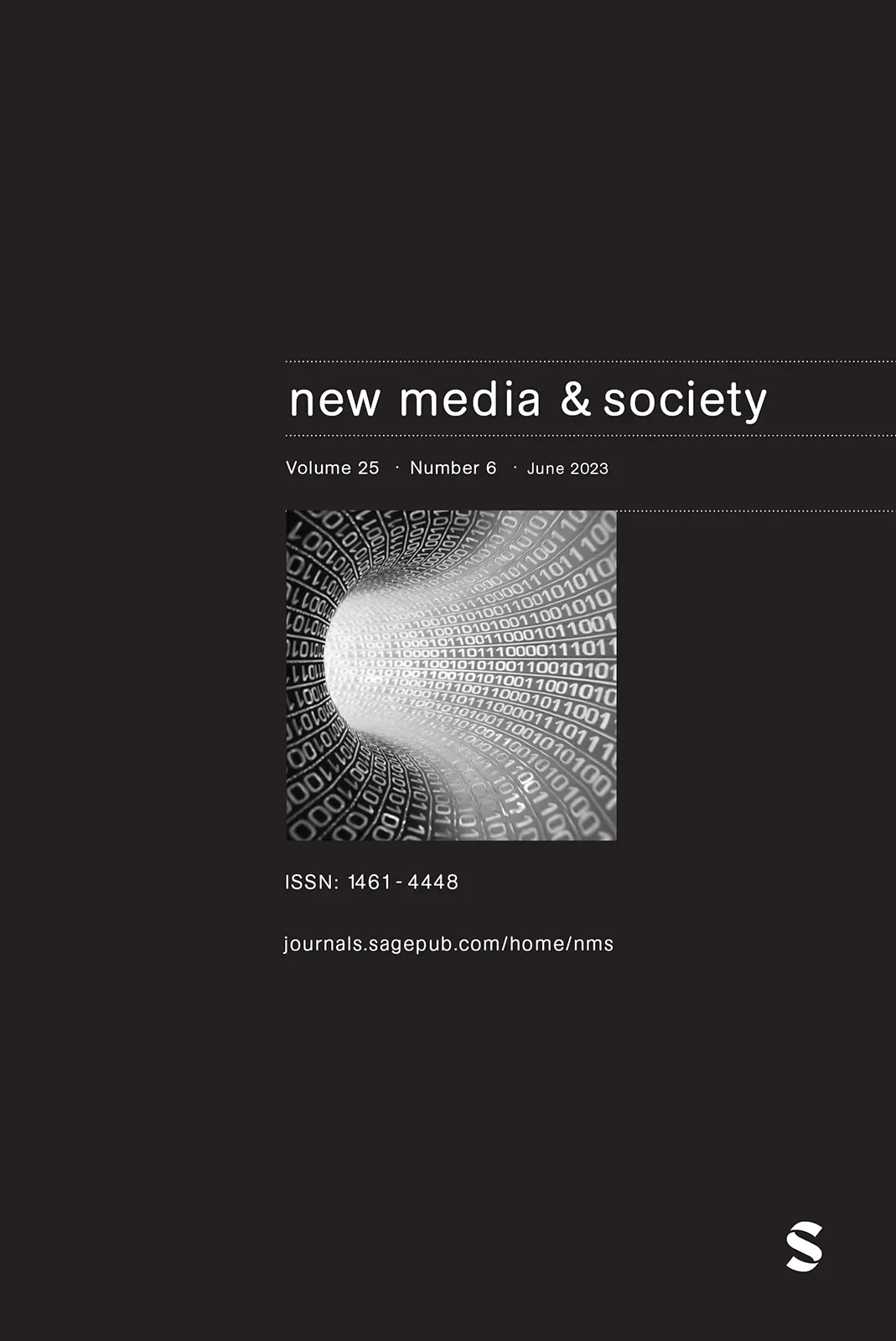
A new solution to political divisiveness: Priming a sense of common humanity through Facebook meme-like posts
New Media & Society
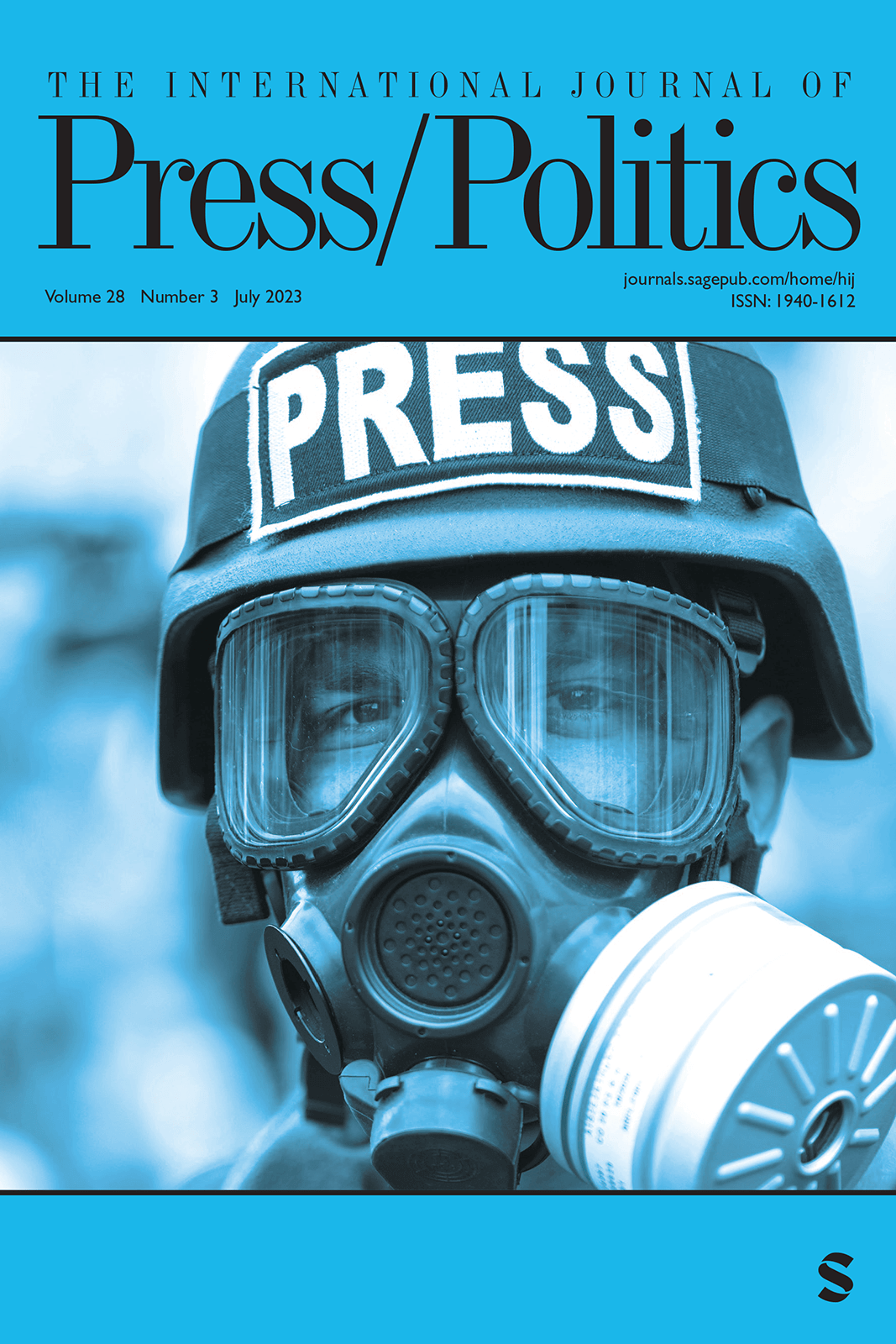
Attacks Against Journalists in Brazil: Catalyzing Effects and Resilience During Jair Bolsonaro’s Government
The International Journal of Press/Politics
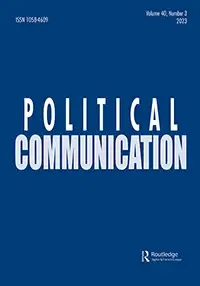
Partisan Memes as a Catalyst for Homophilous Networks
Political Communication

